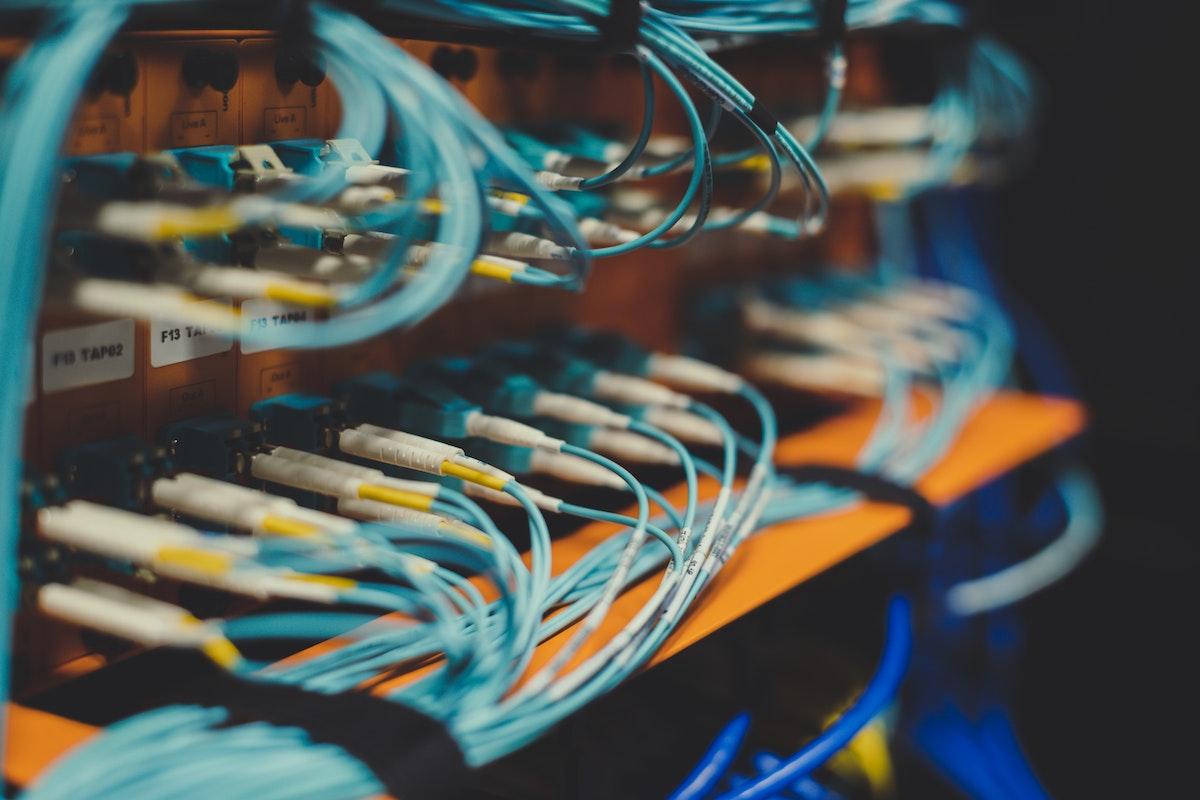Home services encompass a vast spectrum of tasks and operations aimed at maintaining, improving, and optimizing a home’s functionality and safety. Among these, electrical services, particularly wiring and rewiring, are critical. A properly wired home ensures safe and efficient use of electricity, impacting the performance of your electrical appliances, the safety of your home, and the comfort of your daily living.
Definition and Importance of Wiring and Rewiring Services
Wiring and rewiring services refer to the tasks of installing new electrical wires or replacing old, outdated, or faulty wiring in a building. These services are crucial for several reasons. Properly installed and maintained wiring ensures that electricity is distributed efficiently across your home or business premises. Moreover, faulty wiring can pose safety hazards, including the risk of electric shocks or fires, emphasizing the need for quality wiring and rewiring services.
Signs You Need a Wiring or Rewiring Service
It’s essential to recognize when your property may require a wiring or rewiring service. Here are some common signs that may indicate the need for such a service:
- Frequent electrical issues, such as circuit breakers tripping often.
- Flickering or dimming lights when other appliances are in use.
- Discoloration or scorch marks around outlets or switches.
- Outdated, damaged, or deteriorating wires.
- Regular need for extension cords due to lack of outlets.
Types of Wiring and Rewiring Services
Different scenarios call for different types of wiring and rewiring services. For new constructions or significant renovations, you’ll need new wiring installation. An older property, particularly those built more than a few decades ago, may require complete home rewiring. Specific high-power appliances may necessitate service upgrades. Lastly, should you face any sudden electrical issues, there are emergency electrical services available round the clock.
Understanding Building Codes and Compliance
Building codes provide standards and requirements for safe electrical installations. These codes vary depending on location but generally include provisions for wire size, type, grounding, and overcurrent protection. Non-compliance can lead to penalties, including fines and denied insurance claims. Professional electricians are familiar with these codes and ensure your wiring is up to standard.
The Process of Wiring and Rewiring
The wiring and rewiring process generally involves three steps:
- Preparation: This involves planning the wiring layout, marking the location of outlets, switches, and light fixtures, and ensuring all necessary tools and materials are ready.
- Wiring: Professional electricians will then install the cables, ensuring they are properly routed, grounded, and secured. For rewiring, old cables will need to be removed first.
- Post-wiring checks: After installation, the system will be tested to ensure it is working correctly and safely.
DIY vs Professional Services

Although some enthusiastic homeowners may consider wiring or rewiring a DIY project, it’s typically safer and more efficient to hire professionals. They have the necessary knowledge, experience, and tools to perform the task effectively and safely. Moreover, DIY wiring can result in building code violations, risking penalties and potential safety hazards.
Choosing a Wiring and Rewiring Service Provider
When selecting a provider, consider their qualifications, experience, licensing, and customer reviews. Look for a service provider with a track record of delivering quality services and positive customer feedback. Do your research and get multiple quotes before making a decision.
Understanding Costs and Pricing
The cost of wiring and rewiring services can vary depending on factors such as the size of your property, the complexity of the task, and your location. Obtain quotes from several service providers to get a ballpark figure for your project. Remember, however, that safety and quality should not be compromised for cost savings.
Safety Concerns
Safety is paramount when it comes to electrical work. Poor wiring can result in shocks, fires, and other hazards. Always prioritize safety over cost savings by hiring a reputable service provider and regularly inspecting your electrical system.
Frequently Asked Questions
Do I really need to rewire my house?
If your house is over 40 years old and has never been rewired, it might be necessary. Frequent electrical issues or visible signs of old, damaged wiring also indicate a need for rewiring.
How much will it cost?
Costs vary depending on your property’s size, the complexity of the task, and local labor rates. Always get multiple quotes before deciding on a service provider.
Can I do the wiring myself?
While DIY is possible, it’s generally safer and more efficient to hire professionals. They have the necessary expertise to ensure the job is done safely and correctly.
In conclusion, wiring and rewiring are critical components of home services, ensuring the safe and efficient use of electricity. Recognizing when these services are needed, understanding the process, and choosing the right service provider are crucial steps in maintaining a safe and functional home or business property.

